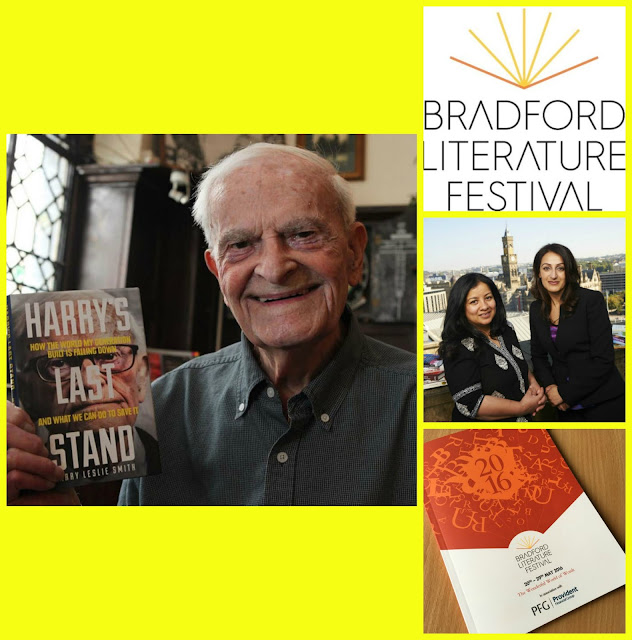 |
| Me - proud as punch because I'd sewed up my jumper myself - not sure who cut my hair! |
Blog One Hundred
Welcome to my
100th blog. Time to take stock. What does the Blogspot data tell me?
- TheReadinessIsAllLetBe has been visited over 13,000 times, so far
- So far, people in 76 countries have followed links to the site
- Apart from the UK, the countries that visit my blog most frequently, so far, are:
- the US, Ireland, Russia, France and Germany
- So far, the top most frequently-mentioned topics are:
- Family, Shakespeare, History, Yorkshire and Reading
Edward Patrick Johnson and Annie Elizabeth (Veronica)
We are all the product of who and where we came from, so I am glad that
Family and
Yorkshire feature in over half my posts. When
Annie Penn married
Eddie Johnson…. they produced five children, one of whom was me. As an adult there are many questions I wish I could now ask my parents about their lives, their opinions, their decisions, their feelings. I wish I could ask advice from both of them. I wish I could thank my Dad for giving me an appreciation of classical music and of Shakespeare but he probably also gave me an addictive personality so I could challenge him about that. I wish I could thank my Mum for giving me a love of history and of reading fiction, of giving me the capacity to love without qualification and enjoy walks in the countryside; but I also know she saddled me with a delusional and romantic cockeyed optimism.
Joseph, Michael Christopher and Teresa
How much did my siblings mould me when I was growing up? How could we all be so different, being brought up by the same parents; but also, in noticeable ways, how could we be so similar?
Nature or nurture and in what proportion if a mixture? (Do those snake-belts – worn by Josh in the picture above – still exist for boys today? If not, why not?)
 |
| (Portrait on wall) Grandad Penn, (Back Row) Harry, Minnie, Annie, Joe, Reg, (Front Row) Claire, Mary, Granny Penn, John |
Mary, John, Harry, Claire, Joe, Reg, Annie, Doreen and Minnie
I wish I could thank my parade of aunties and uncles who came in and out of my life throughout my first 18 years. One of my strongest childhood memories is listening to my
Mum and
Auntie Claire nattering endlessly about the world and their neighbours, family and friends, a cavalcade of anecdotes from the lurid past and the vivid present to expand my horizons. What would my
Grandad Penn (hovering behind my Mum’s head in the picture above) have to tell me if I could ask him about his life? I knew enough and to spare about
Granny Penn’s gangrenous leg, her mysterious snuff box and her teeth which she often sent me to find. In a notebook of my Mum’s she writes that her eldest sister, Mary, was born in
Normanton; her eldest brother, John, was born at
Outwood; siblings Harry, Claire, Joe and Reg were born in
Nicolson Row; and she and her younger sisters, Doreen (who died) and Minnie were born in the house in
Chapel Yard which no longer stands in
Wakefield. Why were the nine children born in four different locations? (I know that the above picture was taken by my brother Josh at the house in
Woodhouse Road on
Eastmoor Estate which was my
Auntie Mary and
Uncle Alf’s house, the house where Gran lived out her final days.)
Mick’s 1970s Wedding
As far as I know (correct me if I’m wrong, family) but this picture (when
Mick married
Jan) is the only time we were photographed as a sevensome….? I remember my platform shoes and those flares. I remember Mum saying “I like my legs in this picture but I wish my hat didn’t shade my face so much.” Funny what you remember…. Funny how time goes by…. Funny how in the 1970s I had no idea I’d be able to scan pictures 40 years later and put them in a kind of internet diary…. Here’s to the next 100 blogs!
 |
| Funny how almost 30 years ago.... |































